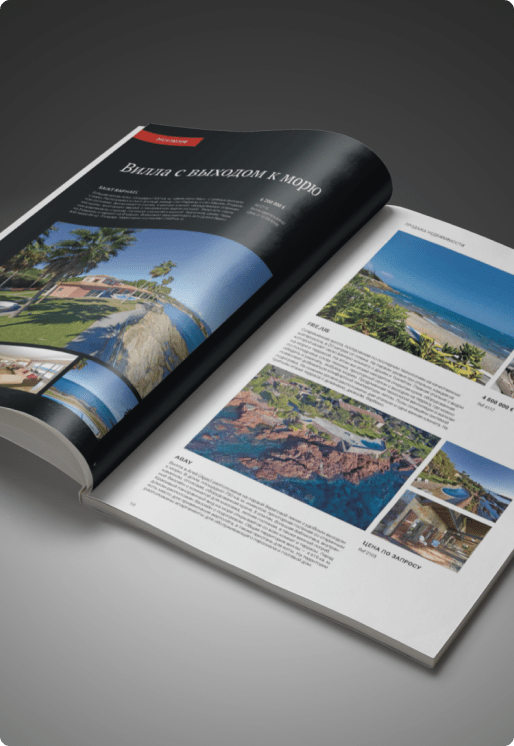
Family house in prestigious Hauts de Vaugrenier 130-ha park - Ref 1593
1 670 000 €
17 photos
Request details
Add to "My selection"
Added
Send to a friend
Print
Buying process
Contact us
Send us your request for a property to buy on the French Riviera by filling out the request form, writing to info@serviceazur.com or calling +33 4 93 29 84 25.
SELECT A PROPERTY
Browse through our selection of over 500 luxury homes and apartments for sale on the Côte d’Azur to find the right property for you. In addition, our sales specialists will be happy to search for you the ideal home among all the real estate offers on the French Riviera.
GO THROUGH A PROPERTY PURCHASE PROCESS
Once you’ve found your dream home, we’ll guide you through the entire buying process, including transaction assistance at notary office.
BENEFIT FROM OUR PROPERTY MANAGEMENT SERVICE
Take advantage of our property management service from repairs, maintenance and renovations to tax declaration and bookkeeping.
Frequently Asked Questions
Can a foreigner buy real estate in France?
What is the process of buying a property in France?
What are property diagnostic reports (DPE, asbestos, lead, etc.)?
How much does your agency charge for a personalized property search?
Contact info
Come to:
56 bis, av de la Lanterne
06200 Nice, France
Call:
+33 4 93 29 84 25
Office hours:
9:00 – 18:00
Nice, France (GMT +2)

























































